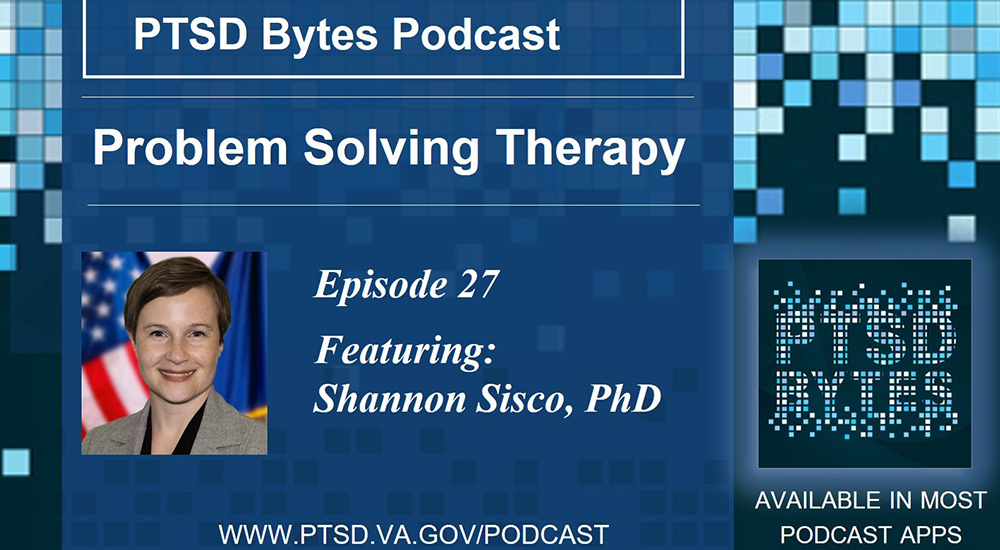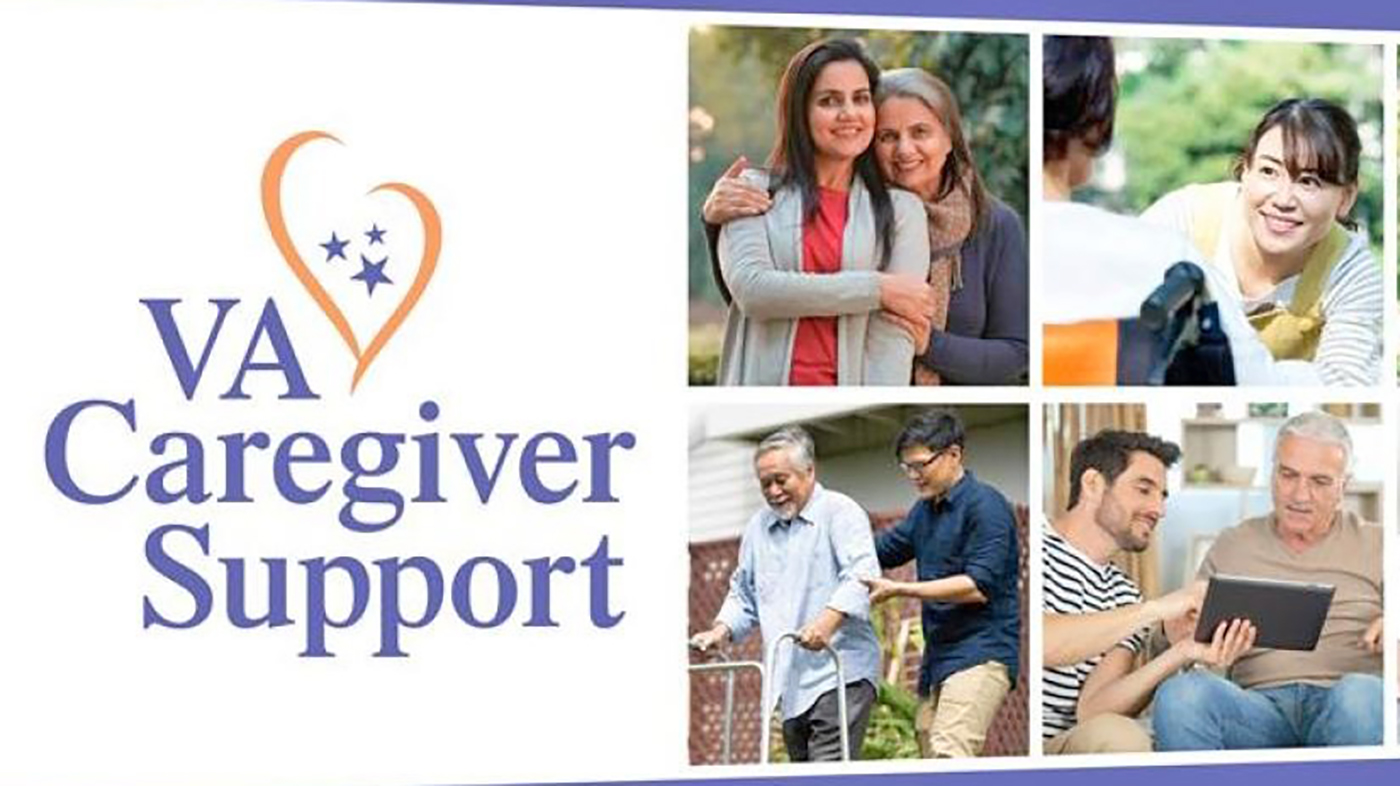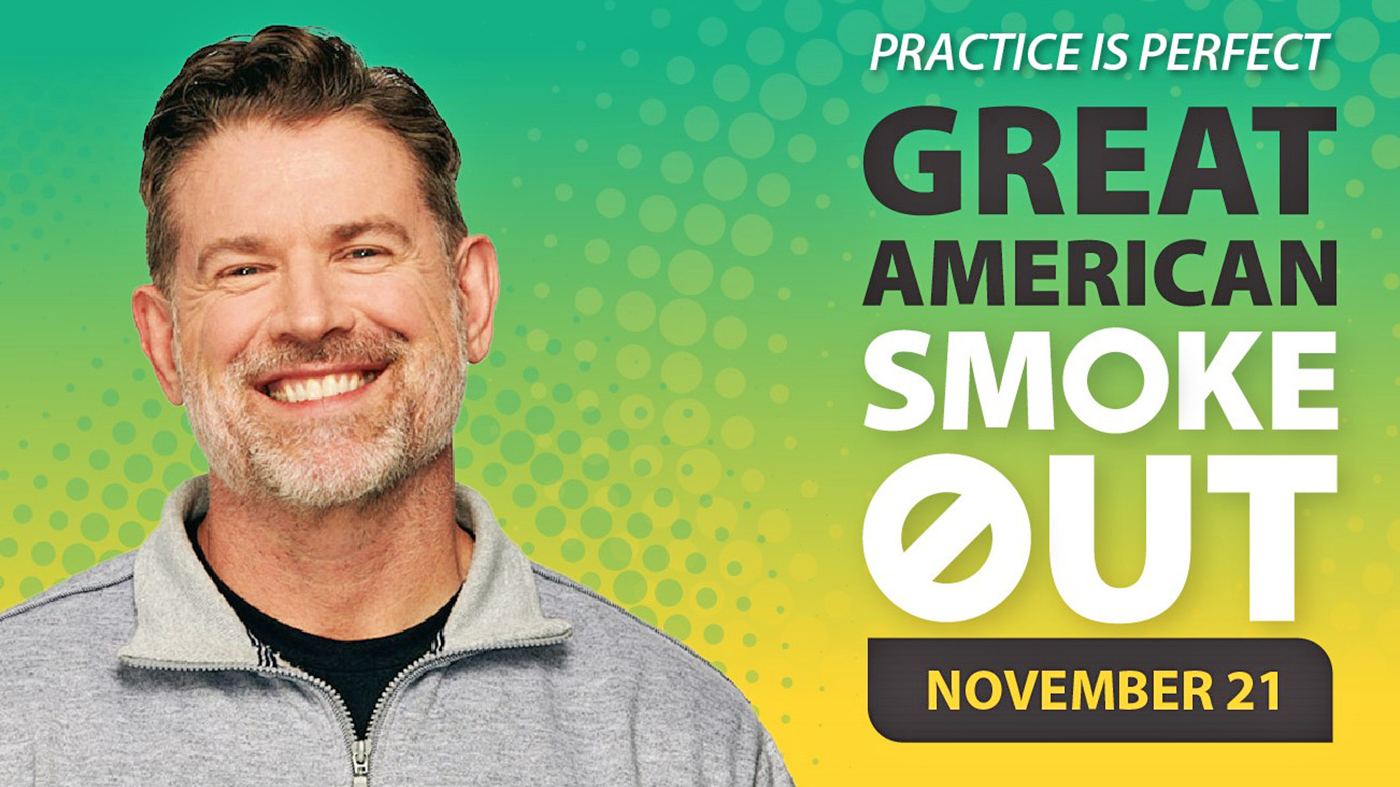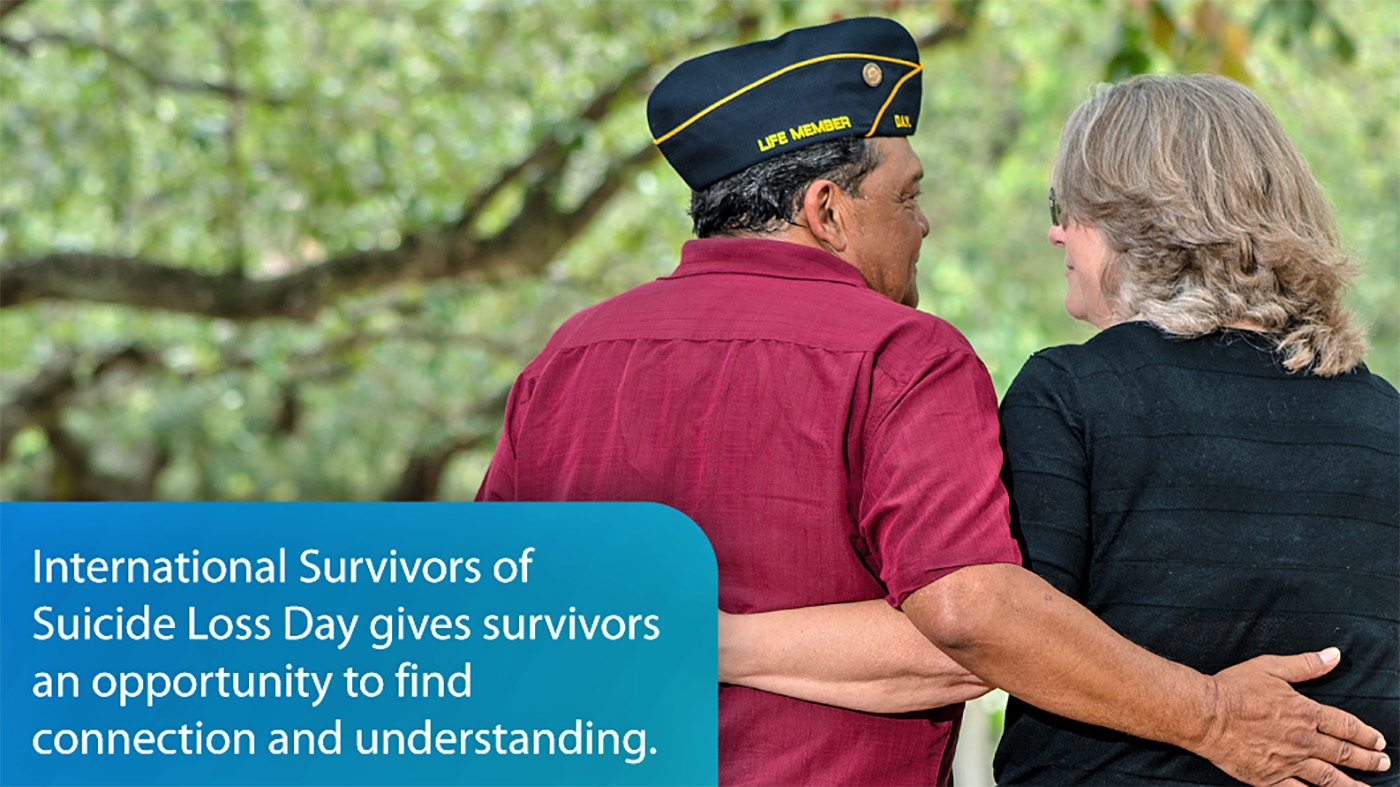In this episode of the PTSD Bytes podcast, host Dr. Colleen Becket-Davenport discusses Problem-Solving Therapy with Dr. Shannon Sisco, clinical psychologist and Whole Health Clinical director at Michael E. DeBakey VA.
What is Problem-Solving Therapy?
While problems are a normal part of life, the way we respond to them can make a real difference in how we feel. The goal of Problem-Solving Therapy is to help you build the skills to address both big and small problems from a calm frame of mind. It can teach you to organize stressful thoughts so they feel less overwhelming, and to recognize negative emotions as they come up.
In Problem-Solving Therapy, you would work together with your therapist to apply problem-solving skills to situations you are currently facing. If a problem cannot be changed or solved, you’d learn how to cope with the problem in emotionally healthy ways.
Who can benefit from Problem-Solving Therapy?
Problem-Solving Therapy can help anyone learn to better address and cope with life’s challenges. However, it’s often a major life event. The loss of a loved one or the birth of a child may lead people to start Problem-Solving Therapy. Even if you’re already experienced with solving problems, you can develop a deeper understanding of how you tend to react to stress. It can also help you become more aware of when and how you are using your problem-solving skills.
How to access Problem-Solving Therapy
There are many clinicians trained in Problem-Solving Therapy both in and outside of VA. Ask your local VA provider.
VA also developed an online course based on Problem-Solving Therapy called Moving Forward. This program is available to everyone with an internet connection, for Veterans and non-Veterans. You can complete the Moving Forward course on your own or as a way to help you during Problem-Solving Therapy with a therapist. Moving Forward does not save any personal information so you can be sure that your privacy is protected.
Additional links:
If you are a Veteran who is experiencing a crisis or supporting a loved one who is, dial 988 then press 1 for immediate assistance, or chat online at VeteransCrisisLine.net/chat.
Topics in this story
More Stories
Caregivers ensure care for our Veteran’s doesn’t stop when they leave a VA medical center.
For the Great American Smokeout, explore VA resources and learn why every attempt to stop smoking is a step toward success.
If you’ve lost a loved one to suicide, resources and support are available to help you cope during your grieving and healing.







